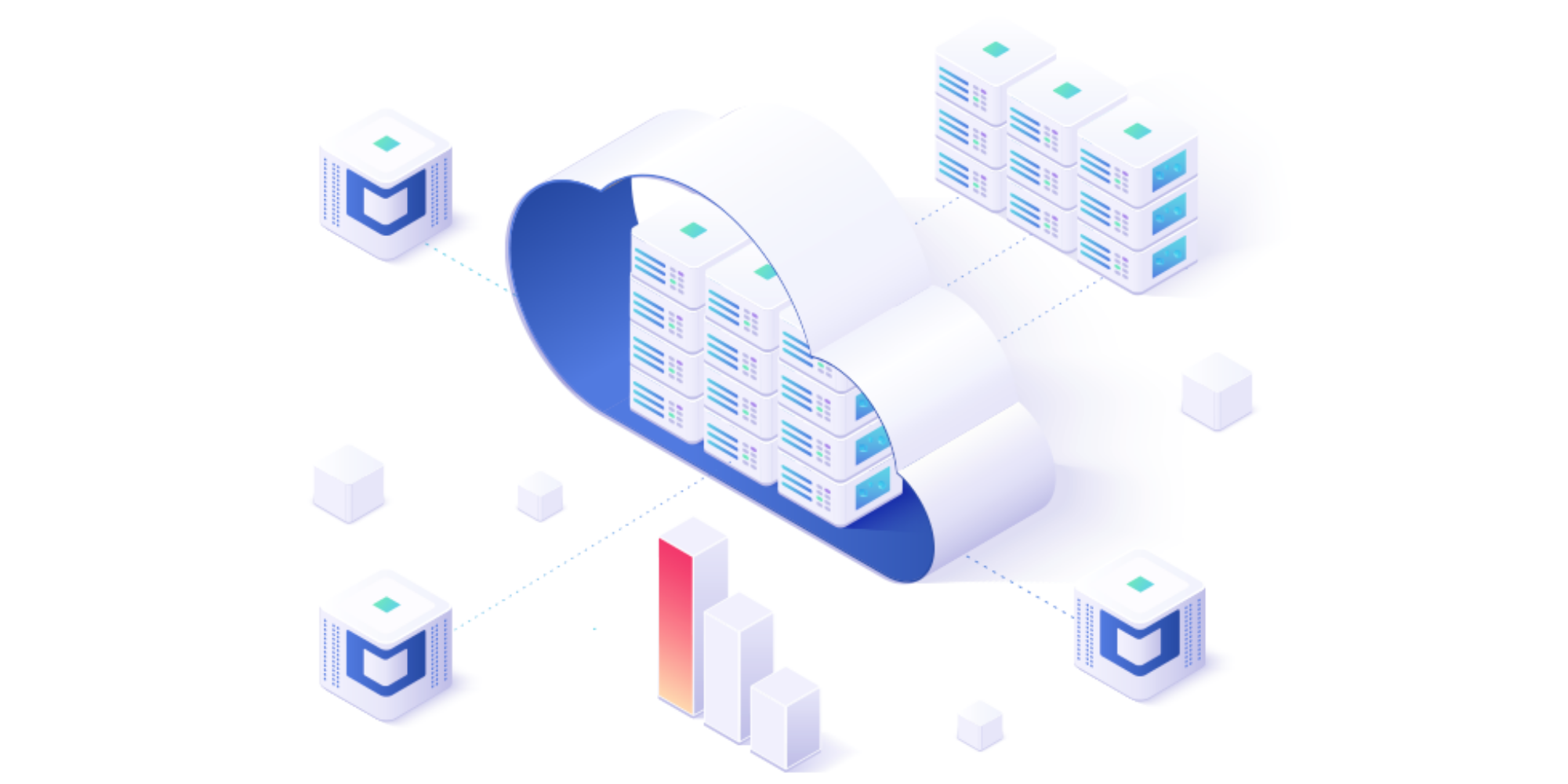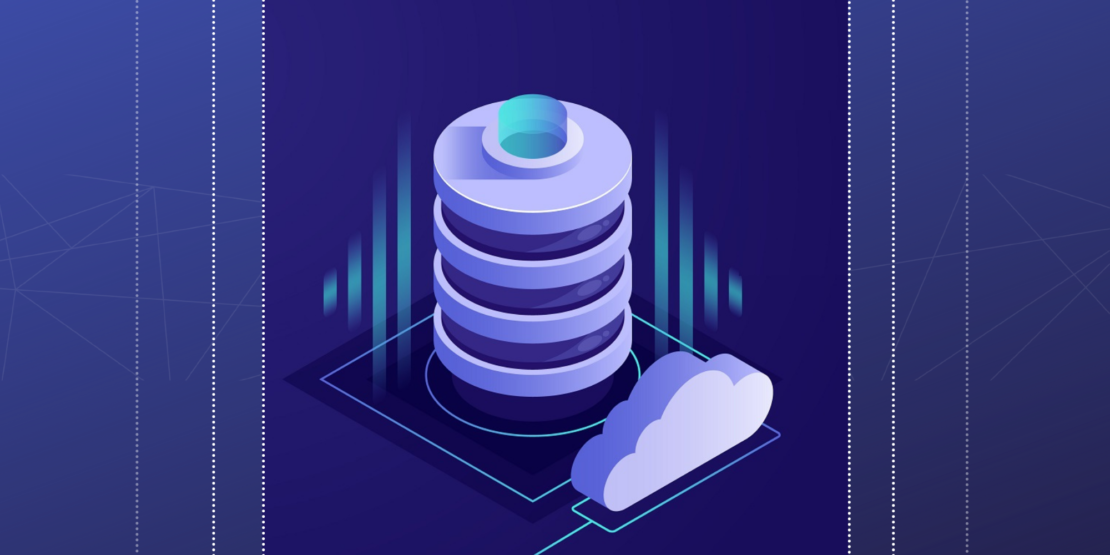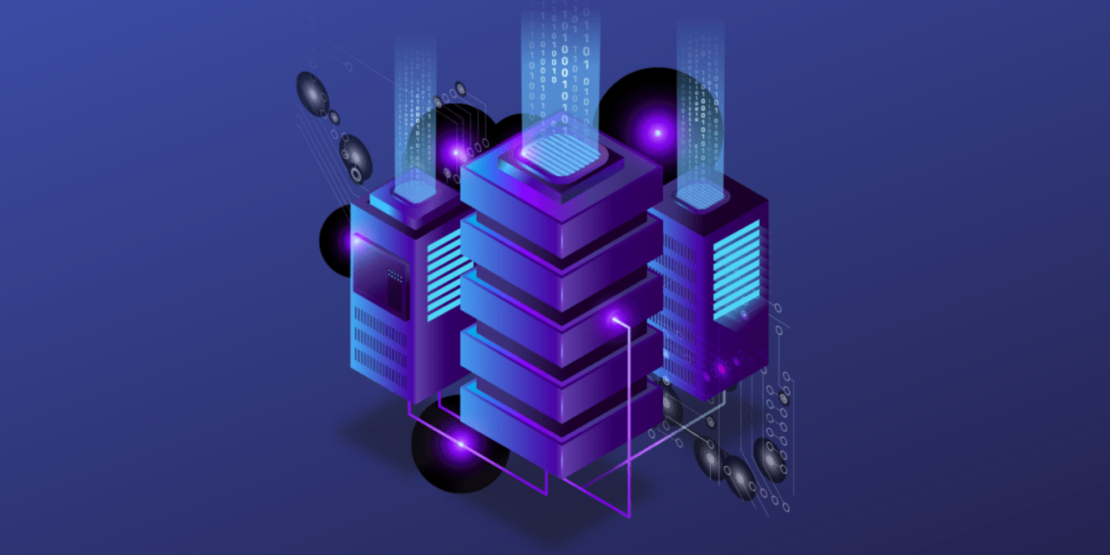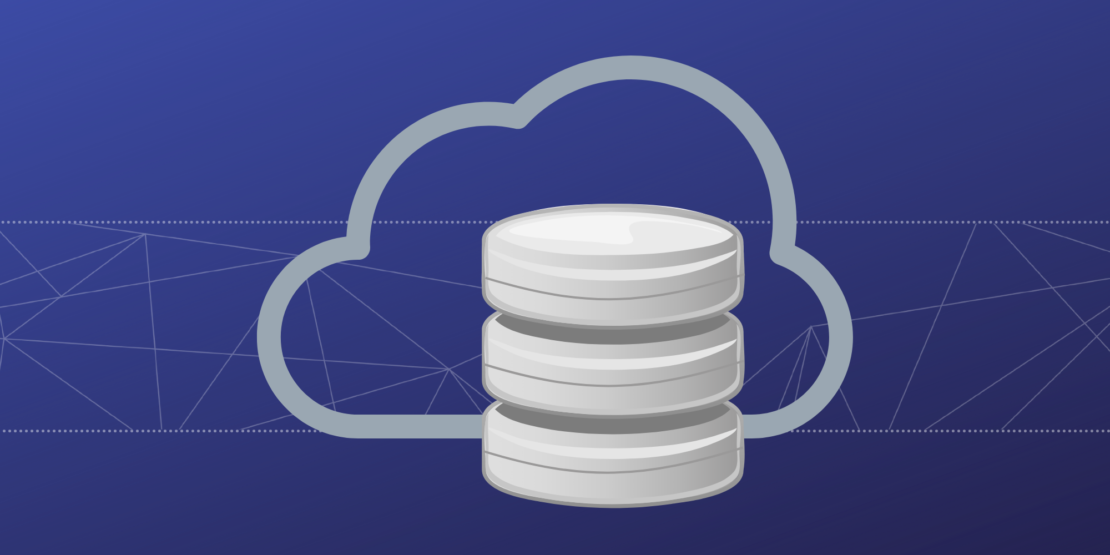
Saving data in the cloud is a trend that has been gaining popularity for many years. Both private and business users use such services and technologies. But do you know what a cloud database is and how does it work in practice? Here are the most important information on this topic.
Cloud database. What is it?
Before explaining what a cloud database is, it’s worth taking a moment to look at the database itself. Virtually all computer systems and applications are based on information collections. A database is needed both for running CRM software in the company and for carrying out Big Data analyzes – and this is just one of the many applications that can be talked about. The database is needed to run the CRM software in the company and to conduct Big Data analyzes – which is just one of the many applications that can be talked about.
It has been standard for years to use local databases that have been stored on one specific server and usually only available on an intranet. This solution – especially in corporate systems – seemed the most secure. The risk that information stored on the internal server would “leak” was relatively small, provided that a good security system was implemented.
Local databases have many limitations. First of all, they make it impossible to remotely access information that may be needed on a regular basis. In addition, there is often a problem with the amount of available space and the management of data resources. These issues, and many others, are solved by the cloud database.
So what is a cloud database? This solution allows you to transfer the dificulty of providing IT services to an external server. Client computers have access to it.

What are the types of cloud databases?
Cloud database is a very general concept, which covers many different technological solutions that combine the already mentioned easier access to online data while maintaining full security.
The main types that can be mentioned:
- computing clouds operating in the traditional model – they resemble the way local databases work. The company buys space on the third party’s servers and deploys its database in the cloud using a virtual machine. Importantly, in this case, database management is still in the hands of the company that owns it, and this entity is responsible for its supervision;
- DBaaS, databases as a service – is a solution in which the customer uses the cloud as a service. This means that he usually pays a regular subscription, in accordance with selected parameters, and in return he receives a ready-made solution and gets rid of the obligations of database administration and supervision of its correct operation. Responsibility for the security of the information sent and its efficient processing rests with the service provider.
TThe DBaaS solution provides much greater comfort, and at the same time allows you to optimize the costs of database management. An example is the lack of the need to pay an additional specialist who will deal with its administration.
Using the DBaaS model also means access to a much wider set of advanced solutions such as: more space resources, faster information processing and the like.

What are the advantages of a cloud database?
Knowing what a cloud database is, it’s time to look at the advantages of this solution for the organization. Here are the most important ones:
- Higher data security
It may seem that sending data to the cloud, i.e. outside the organization’s internal resources, increases the risk of data loss or leakage, in fact it is not. Companies that offer cloud database services use advanced technologies that ensure complete security of information exchange. The risk that sensitive data sent to the cloud will be intercepted is almost impossible and may be much smaller than the chances of breaking into a local database. Much depends on the solutions used in the company.
In the context of security, it is also worth looking at the risk of data loss. Keeping only one master copy of important information on your local computer or server is a serious threat. Even the best computer is only a device that can be damaged, even irreparable. Therefore, storing a single copy of business-critical information can have a very dangerous and costly end.
Using a cloud database can be an opportunity to create an additional database that will not be so easy to lose as it is not stored on a single device. So when there is a natural disaster or a power outage, access to your data will not be lost – due to numerous backups that are created by service providers.
- Easy access to data from anywhere
To use a cloud-based database, you just need to have permission to use it. However, you can log into its resources from anywhere in the world, remotely. This is possible either via the API and therefore a dedicated application associated with the firmware or from a web browser. This significantly improves the comfort of using and processing data.
- Database scalability
The development of the organization increases the amount of information that is collected. It is about information about customers, as well as about concluded transactions, changes in the company’s resources and much more. Sometimes you may need to expand the database capabilities. In the case of cloud computing, this is not a problem. In the DBaaS model, you can adjust the scope of services to the needs of your company and expand it if necessary.
- Optimization of database management costs
A cloud database that is integrated with all software used in the company is a much more economical solution. At the same time, it provides stable, predictable and constant costs. The company does not need to buy new and very expensive physical servers when the old ones are damaged or become insufficient. There is also no need to hire IT specialists to administer the database.
In addition, in the case of DBaaS services, you can precisely match the service package to your current needs. You can turn off features that are not currently needed and not pay for unused potential.
- Reliable access to information
This is due not only to the high security provided by cloud databases. It is also worth remembering that the top-shelf ones guarantee express information processing. Therefore, downloading files from a cloud database is as fast as processing them for advanced analysis.

Is it worth keeping all your data in the cloud?
The topic of security returns again. The answer is not clear cut. It all depends on the specifics of the organization’s operations, as well as on the IT solutions implemented in it. For many companies, the transition to the cloud is a long process with some sensitive information remaining offline.
One thing is certain. Cloud databases are a solution of the future and it can be expected that in the coming years they will be further developed and will become a standard. So let’s take a closer look at them and use their potential now. Both in the implementation of basic business processes and in the context of deep analytics. It is possible now!
Do you have any questions or are you looking for the perfect solution for your company?
Schedule a free consultation. Consult your company needs with our experts. Learn about solutions that will help your company improve business processes and ensure data security.


